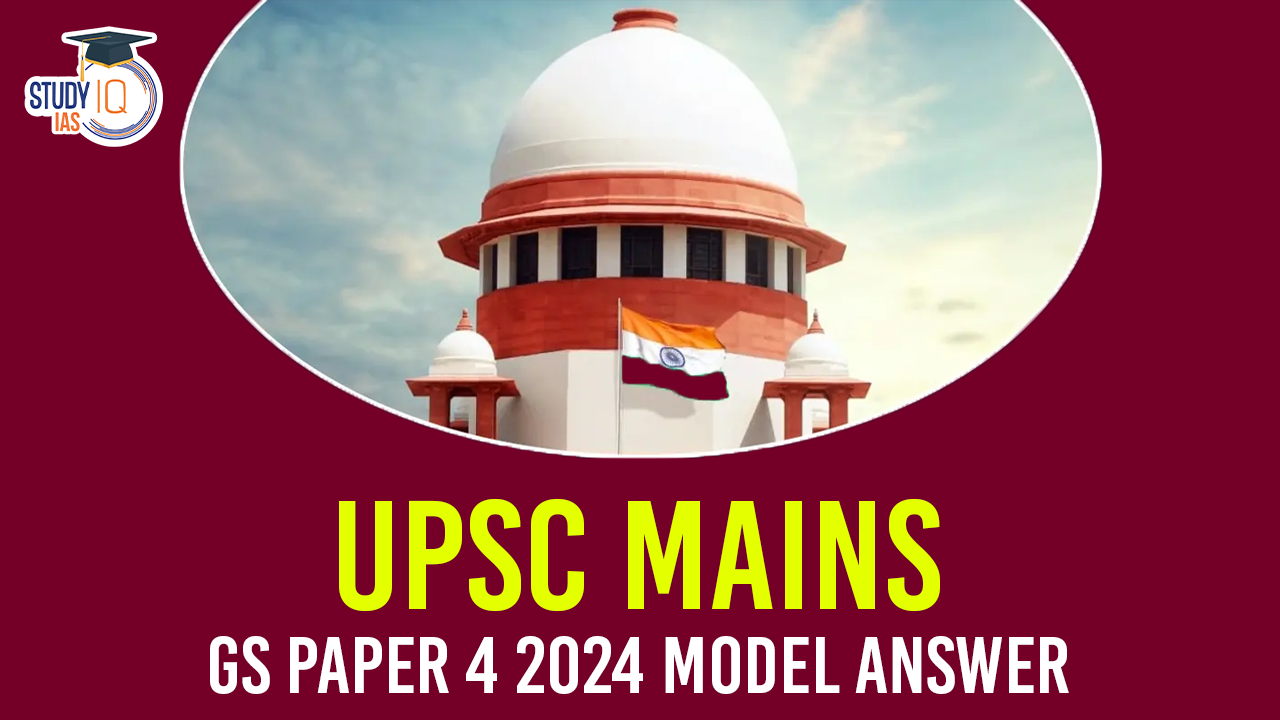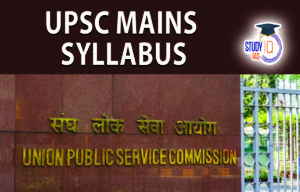Table of Contents
The ‘Code of Conduct’ and ‘Code of Ethics’ are the sources of guidance in public administration. There is code of conduct already in operation, whereas code of ethics is not yet put in place. Suggest a suitable model for code of ethics to maintain integrity, probity and transparency in governance
Introduction
You can start your answer by mentioning the code of Conduct and Code of Ethics.
- The ‘Code of Conduct’ refers to a set of guidelines outlining the duties and responsibilities that public officials must follow.
- A ‘Code of Ethics’ serves as broader principles guiding behavior, particularly regarding integrity, transparency, and accountability.
Body
Code of Conduct
- The Code of Conduct for civil servants in India was implemented through the Central Civil Services (Conduct) Rules, 1964.
- These rules outline the behavioral expectations and duties of public officials in various areas, including maintaining integrity, avoiding corruption, and ensuring impartiality in public dealings.
Need for Code of Ethics in India
- Strengthening Integrity: Despite guidelines in the Code of Conduct, cases like the Vyapam scam (Madhya Pradesh) and the 2G spectrum case highlight the need for ethical values to prevent moral lapses.
- Enhancing Transparency: A Code of Ethics ensures proactive transparency, beyond mere adherence to rules.
- E.g. The Right to Information (RTI) Act is an example of legal measures that promote transparency, but ethical principles could push for deeper accountability.
- Ensuring Probity in Public Life: India’s ranking in global corruption indexes emphasises the need for an ethical framework to combat corruption more effectively.
- E.g. Cases like the Commonwealth Games scandal reflect the need for ethical behavior alongside legal frameworks.
Proposed Model for Code of Ethics
-
- Personal and Professional Integrity: Civil servants must exhibit honesty in their actions, avoiding actions that could result in moral lapses.
- Ritu Maheshwari (IAS, UP Cadre): Known for her strict enforcement of law and ethical leadership, Ritu Maheshwari has worked diligently on urban development and governance, especially in areas like Noida. Her emphasis on sustainable practices and anti-corruption measures are exemplary.
- E.g. As exemplified by T.N. Seshan, former Chief Election Commissioner, displayed impartiality by enforcing strict election rules.
- Cultural Sensitivity and Inclusiveness: Respect for India’s diversity is important. Ethical governance must ensure inclusiveness for all communities, like the integration of tribal welfare programs in Jharkhand.
- Personal and Professional Integrity: Civil servants must exhibit honesty in their actions, avoiding actions that could result in moral lapses.
- E.g. Arunachalam Muruganantham, a social entrepreneur, developed low-cost sanitary pads, ensuring better menstrual hygiene for women in rural India. His commitment to public welfare over profit shows the importance of service.
- Whistleblower Protection: Incorporating stronger whistleblower protections under this model would encourage public officials to expose unethical practices.
-
-
- E.g. The Whistleblower Protection Act, 2014, could serve as a foundation but needs to be embedded in the ethical framework.
- Ethical Leadership: Leadership training programs for civil servants should be integrated, drawing inspiration from leaders like Kiran Bedi, who enforced law and order in ethical ways during her tenure.
-
- E.g. IAS officer Armstrong Pame, known as the “Miracle Man,” used crowdfunding to build a road in a remote area of Manipur, ensuring full transparency in funds allocation.
Conclusion
While a Code of Conduct outlines specific rules for acceptable behavior, it primarily focuses on compliance and enforcement. However, governance today requires a deeper moral compass, which only a Code of Ethics can provide. A Code of Ethics goes beyond mere rule-following, fostering a sense of moral responsibility and guiding public servants to make decisions based on integrity, transparency, and the public good.


 NCERT Books for UPSC Preparation, Check ...
NCERT Books for UPSC Preparation, Check ...
 UPSC Syllabus 2025, Check UPSC CSE Sylla...
UPSC Syllabus 2025, Check UPSC CSE Sylla...
 UPSC Mains Syllabus 2025, Optional Sylla...
UPSC Mains Syllabus 2025, Optional Sylla...





















